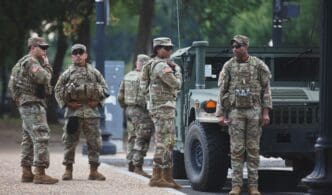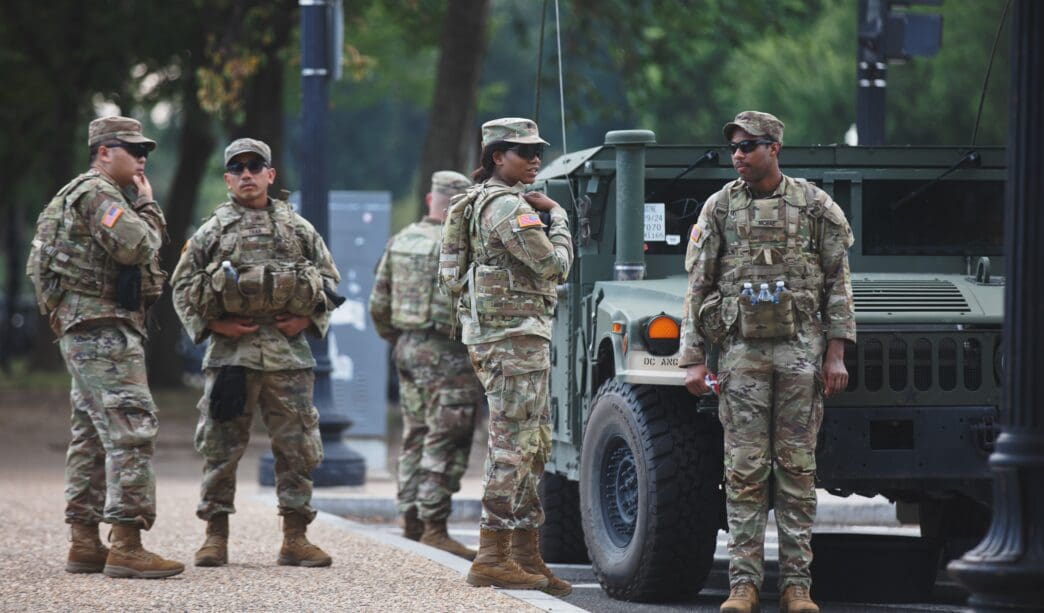Executive Summary
The Story So Far
Why This Matters
Who Thinks What?
A federal judge in Oregon has extended temporary restraining orders that block the deployment of National Guard troops to Portland, prolonging a legal battle over President Donald Trump’s efforts to federalize and deploy forces to the city. US District Judge Karin Immergut’s ruling on October 15, 2025, prevents the federal troops from being deployed for another 14 days, allowing more time for the court and appeals judges to consider the case.
The extension by Judge Immergut, a Trump appointee, keeps the federalization efforts in limbo, with the case expected to proceed to trial on October 29. The original orders were set to expire this weekend, and the extension provides additional time for legal review as the Trump administration challenges the initial ruling.
The federal government is actively seeking to deploy troops as part of its broader strategy to address what it describes as crime and disorder in Democratic-led cities. President Trump has specifically cited ongoing protests outside Portland’s Immigration and Customs Enforcement (ICE) facility as justification for the call-up.
Oregon officials, including Attorney General Dan Rayfield, have strongly disputed the President’s characterizations of their cities as “war-ravaged” or uncontrollably violent. They argue in court that the situation in Portland does not warrant federal intervention and have vowed to uphold Oregon’s laws.
Background of the Dispute
Protests in Portland concerning White House immigration policies began in June, escalating to declared riots and arson arrests by mid-summer. The situation was largely calm until Trump announced in late September his intention to send 200 Oregon National Guard troops to the city.
In response, Oregon and Portland officials jointly filed a lawsuit, leading Judge Immergut to grant a temporary order barring the federalization of Oregon troops. The judge later expanded this ruling to prevent the deployment of any US troops after the Trump administration attempted to circumvent the initial order by reassigning federalized guard troops from Los Angeles to Portland.
Appeals Court Review
A three-judge panel with the Ninth Circuit Court of Appeals is currently reviewing whether the Trump administration should be blocked from deploying the Oregon National Guard. While the panel recently granted an administrative stay allowing the federalization of the Oregon National Guard, they have yet to issue a decision on the deployment itself.
Judge Immergut indicated during a hearing that she would terminate her extension if the Ninth Circuit ultimately rules against the temporary order on deployment.
Broader Federalization Efforts
This legal challenge in Portland is part of a larger pattern, as the Trump administration faces increasing pushback from states regarding its efforts to federalize National Guard members for deployment to Democratic-led cities. Illinois, for example, also sued the administration over plans to deploy its National Guard to Chicago, with an appeals court ruling that while federal control was permissible, deployment was blocked pending further review.
The ongoing legal disputes underscore a significant constitutional and political clash between the federal government and state authorities over the control and deployment of military forces in response to civil unrest.








